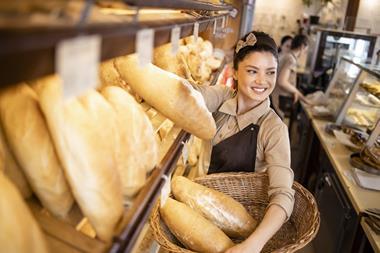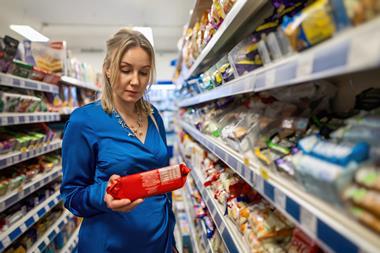Business confidence among British food and drink manufacturers has plummeted ahead of Brexit, latest research from the Food and Drink Federation has revealed.
Economic uncertainty saw net confidence fall by 21 percentage points by Q3 compared with Q1 of this year, according to the survey of 50 companies with a combined turnover of £11.4 billion.
Almost two-thirds of the companies polled, cited future tariff implications as a risk to their company.
Just under 60% of thought business investment across the overall UK economy would fall in 2019 and 96% expected to see rising input prices.
The findings also showed that 38% of food and drink manufacturers were reporting an increase in costs as a result of stockpiling ahead of a possible ‘no-deal’ Brexit.
“These results tell us just how seriously the food and drink industry, the UK’s largest manufacturing sector, takes a ‘no-deal’ Brexit,” said Ian Wright, FDF chief executive. “It is a grisly prospect to which we edge closer every passing day. [The Budget] announcement from the Chancellor – with measures to support productivity, exports, enterprise and investment – offers some respite for our SME food and drink manufacturers.”
Gordon Polson, director of the Federation of Bakers, said: “Just like everybody else, we are living with uncertainty and lack of clarity and the sooner that we do have some clarity, the better.”
Retail market consolidation was also identified as one of the top three barriers expected to impact the success of small businesses, which account for 97% of the UK’s food and drink manufacturing sector.
This follows the recent takeovers of Booker by Tesco, Nisa by the Co-op, and the proposed merger of Sainsbury’s and Asda, which present significant concerns for UK manufacturers.
The survey also stated that business conditions for food and drink manufacturers had been especially difficult this year, in part due to the fall in the value of sterling, which has contributed to increased costs of ingredients and raw materials.
More than three-quarters (79%) of businesses reported increased ingredient costs as the biggest impact on their businesses in Q3, while 71% of those polled cited increased packaging costs.
































No comments yet